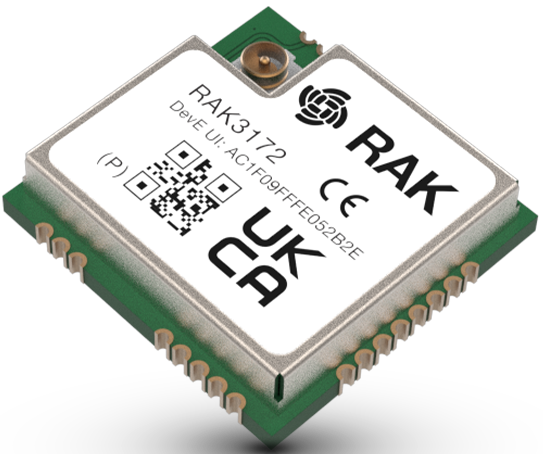Taking time off work to answer …
As is evidenced across the forum, with many different Far Eastern suppliers their communications can be very variable both online & emails. Whilst frustrating that they haven’t responded (have you tried the forum, their contact form or phoning them up) I’d assume on the side of them not using leaded solder given that they are aiming to sell world wide at all levels. Travel hopeful.
Even UK manufacturers like RF Solutions aren’t a model of clarity:
“RF-LORA module is CE Compliant and meets the requirements for FCC part 15.”
Does that mean it has been tested - I’d infer not. But wait …
“RF-LoRa2 module is identical to RF-LoRa with the addition of an integrated ufl connector and screening can. RF-LORA2 was developed with the aim to achieve FCC certification of the module.
This enables the end product that RF–LoRa2 is incorporated into to automatically use the RF-LORA2 module FCC certificate without further testing RF-LoRa2 module is available 915MHz.”
So they stick a metal can on the top and now it appears to have FCC certification.
But no certificates on the site …
As for the distributors, as their data quality is poor on a good day, something I can substantiate with multiple examples from using parametric search options with multiple entries for basically the same thing - switches being a wonderful example but RS, for instance, can’t make up their mind about how many different versions of Atmel family names they think exists.
So, not naughty at all to put CE on their product.
I’m allergic to random diss’ing of vendors, they all have their foibles, expressing concerns that they haven’t published ROHS info or responded to your emails is one thing, implying that the CE mark on their device is not legitimate is rather different.
I am aware of the ROHS regs, being a manufacturer of microcontroller based boards. I tend not to use other manufacturer’s websites as a source of legal knowledge but sure, if you want CE marking for your commercial products, then it needs to be ROHS.
So perhaps as Seeed have a CE certificate for the product, the testing house has covered ROHS but you haven’t yet found this out. Just because you don’t know, doesn’t mean they aren’t.
As for opinions, everyone has them, like bum holes but everyone’s opinion is correct, that’s the point of an opinion as opposed to a fact. My opinion is that it’s not fair to say something about a manufacturer unless you have facts, not supposition.
On to more productive aspects:
The WLR089U Xplained board is around for prototyping but UK distributors only have the SAMR34 version (pretty much the same for getting started).
There are WLR’s in the supply chain in random bursts, so ordering now should yield some by the next anticipated January drop. Depends on how many you need & how quickly.
An alternative is to look at the radio modules - like the RFM95 which has ROHS docs but I’ve not looked for their CE compliance for RED. From that you can add an STM32L of some sort and build your own Murata module and use the CubeMX LRWAN1 as a starter (to going mad, but some reorganising of the code base can make it less cumbersome to navigate). Or see if RF Solutions can pony up some docs to give you a starter.

